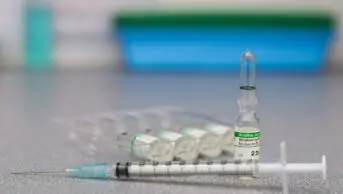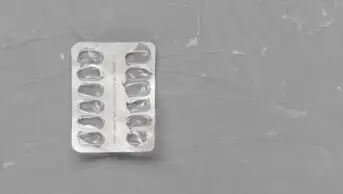
Kumar Sriskandan / Alamy Stock Photo
Supplies of medicines used to treat attention deficit hyperactivity disorder (ADHD) — methylphenidate (Equasym), lisdexamfetamine (Elvanse) and guanfacine (Intuniv) — have resumed in the UK, according to their manufacturer Takeda.
On 10 May 2024, a spokesperson for Takeda told The Pharmaceutical Journal that “the majority of our ADHD medicines are now available” but it warned that there may be “short-term, intermittent disruption of few strengths as the situation continues to stabilise”.
Disruption in the supply of medicines to treat ADHD has been an ongoing issue since 2022. In September 2023, the government published a national patient safety alert, which warned that numerous ADHD medicines encompassing several brands (including Takeda’s) of methylphenidate, and Takeda’s brands of lisdexamfetamine and guanfacine, would be in short supply until December 2023.
In November 2023, a survey of 1,054 UK patients carried out by charity ADHD UK revealed that around 85% of patients on ADHD medication had been affected by shortages, with 27% saying they had received no supply. At the same time, Takeda told The Pharmaceutical Journal that there could be “intermittent disruption” of its ADHD products until April 2024.
In a statement to The Pharmaceutical Journal, Takeda explained that supply issues had been caused by “a significant increase in demand for ADHD medications over the past two years”, in conjunction with “intermittent production challenges”.
“We have actively taken action to improve our operations, which includes the creation of a dedicated team solely focused on working to resolve the issue and moving packaging volumes to a Takeda-owned facility, to further increase our ability to provide a robust and stable supply,” it added.
Commenting on the statement, Beryl Navti, clinical lead for children and adolescent mental health services at North East London NHS Foundation Trust, and a council member of the College of Mental Health Pharmacy, said: “In my experience, I have noticed that there have been improvements in supply of various brands/strengths of ADHD medication, particularly of the methylphenidate variety.
“Additionally, a couple of new brands of existing formulations of methylphenidate have been launched or brought to our attention, further broadening choice,” she added.
“However, we continue to get calls from families who are unable to obtain various ADHD medication in their different regions either because the pharmacy is unable to get it or is not keeping that in stock.”
The Specialist Pharmacy Service’s supply notice for ADHD drugs, most recently updated on 30 April 2024, shows that a significant number of products still have active supply issues.
Commenting on current shortage issues, Henry Shelford, chief executive officer of charity ADHD UK, said: “It’s quite hard to get real clarity on the depths of those issues.
“The information we have is that we’re seeing Elvanse much more in stock, but there are now more significant problems … the big issue is that if you have trouble with your medication, it’s impossible to get any kind of change,” he said.
In addition, long waiting lists for specialist ADHD services mean that it is difficult for patients to be reviewed and possibly switched on to alternative medication, he added.


